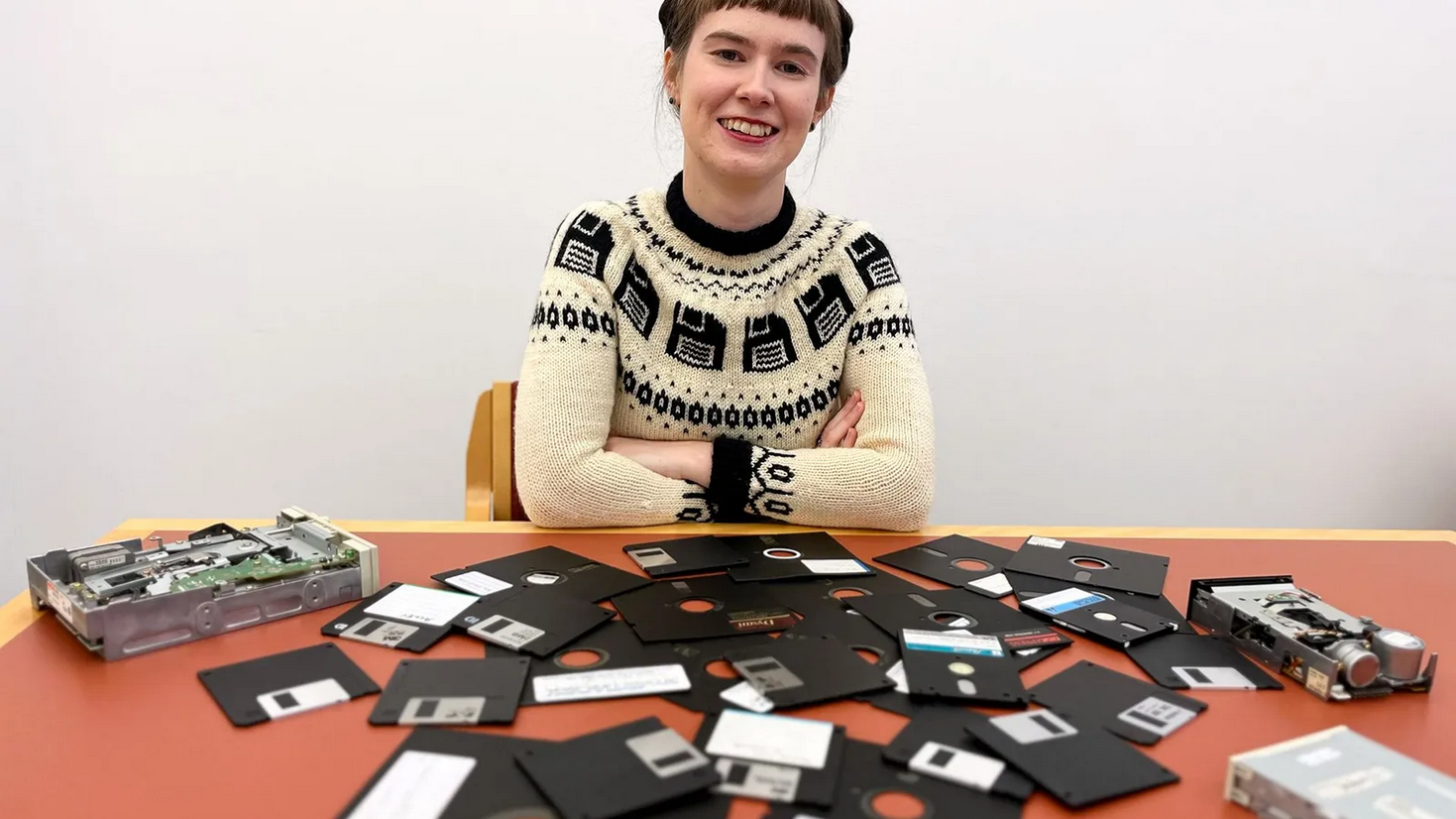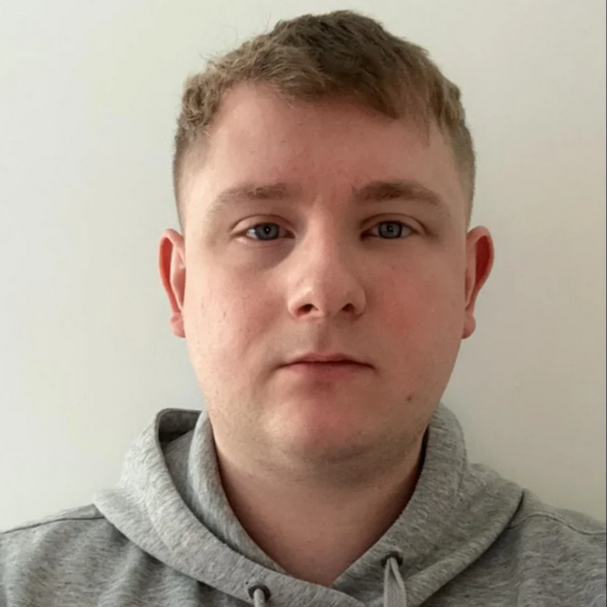Cambridge University launches project to rescue data trapped on old floppy disks
Cambridge’s 'Future Nostalgia' project is racing to save decades of digital history from vanishing floppy disks.

On October 9, Cambridge University Library opened its doors to anyone with an old floppy disk and a question: What’s on here? The public “Copy that Floppy” session marked the launch of Future Nostalgia, a year-long project dedicated to rescuing data from obsolete magnetic media before time and oxide decay make it impossible.
The idea of a modern conservation lab helping people read their ancient WordPerfect documents or lost BASIC code might seem quaint or cute, but the initiative is rooted in real urgency. The library holds more than 150 floppy disks across its collections, including items from the Stephen Hawking archive, early research drafts, personal files, and software written for now-defunct machines.
The main challenge is that magnetic coatings degrade over time, and even when floppy disks are still in good condition, the drives needed to read them are vanishing. That’s where Future Nostalgia comes in.
Led by the library’s digital preservation team, the project aims to document and formalize best practices for floppy disk recovery, encompassing cleaning and handling methods, as well as imaging workloads. It’s also pulling in expertise from the retro-computing community, whose trial-and-error techniques are often the only reason legacy formats still survive.
You can forget those cheap USB floppy drives you can buy online. Cambridge’s preservationists don’t just mount disks and hope for the best; they sample the raw magnetic signal itself. Specialized hardware, such as the KryoFlux and open-hardware Greaseweazle interfaces, captures the flux transitions — the tiny changes in polarity that encode data — and reconstructs the file structure later in software. This flux-level imaging process enables archivists to recover non-PC formats and identify weak or damaged sectors that would otherwise remain unread.
The project has already drawn wider attention. Earlier this week, the BBC’s Future section ran a feature on Cambridge’s work, framing it as part of a global effort to rescue knowledge trapped on obsolete media. The piece followed visitors as they handed over floppy disks containing forgotten family archives and decades-old research, underscoring how much personal and historical data now resides on disks that few machines can even read.
Even when data is successfully extracted, archivists face a second battle of deciphering long-abandoned file types and proprietary word processors. That’s why Future Nostalgia is also looking to create a repeatable, transparent workflow that other institutions can adopt as the passage of time renders more disks unrecoverable by the day.
Get Tom's Hardware's best news and in-depth reviews, straight to your inbox.
Follow Tom's Hardware on Google News, or add us as a preferred source, to get our latest news, analysis, & reviews in your feeds.


Luke James is a freelance writer and journalist. Although his background is in legal, he has a personal interest in all things tech, especially hardware and microelectronics, and anything regulatory.
-
chaz_music Somewhere I have some Fastback backups from my DOS 3.x days. Wordperfect files, Lotus 123 spreadsheets, and of course, some Fortran code. Shoot, the original Fortran compiler that we got fit onto a single floppy!Reply -
King_V I think I've still got a case of disk from my Commodore 64/128 days. Had two, but one is long gone.Reply
While what they're doing here is obviously overkill for me, it's a reminder that I really need to get something that let me copy those old disks to .d64 files.